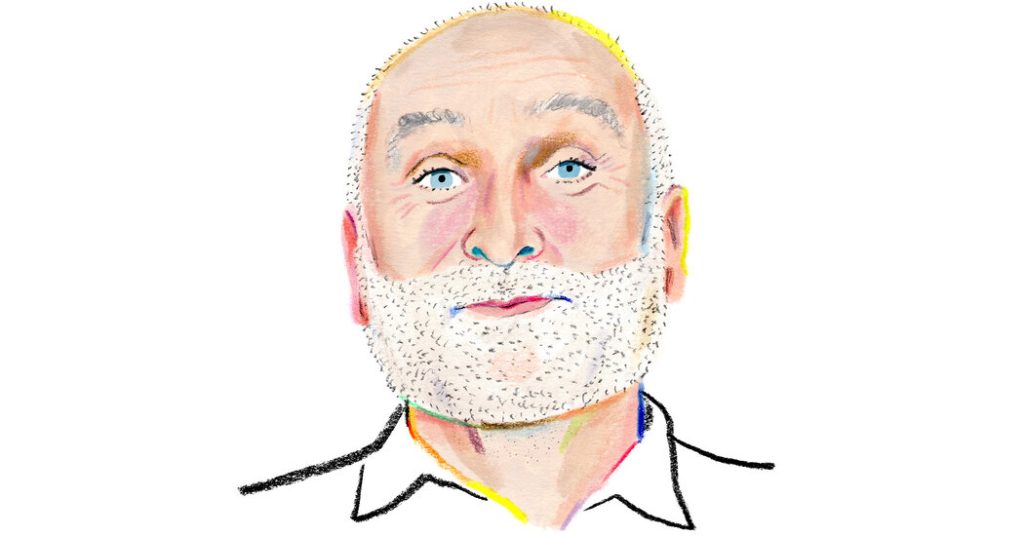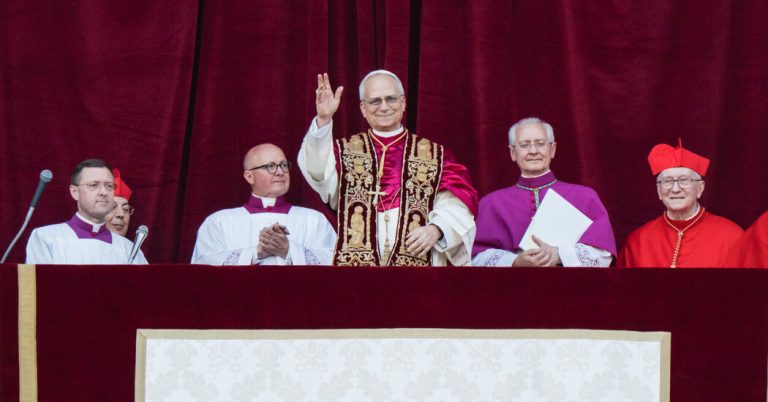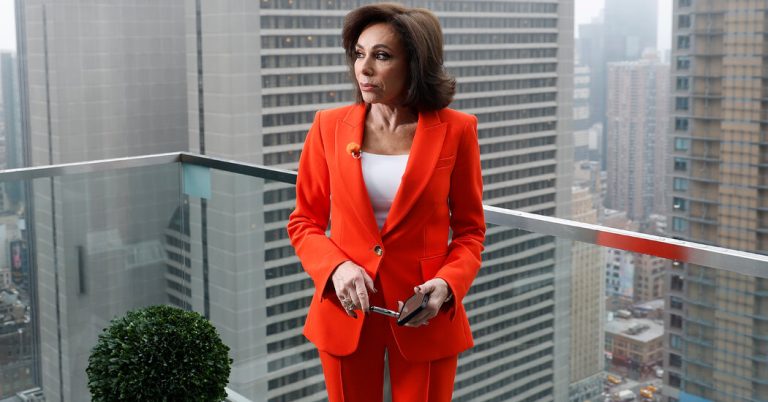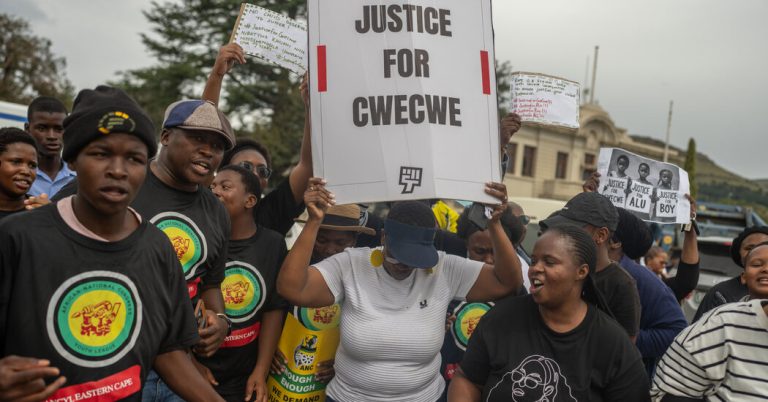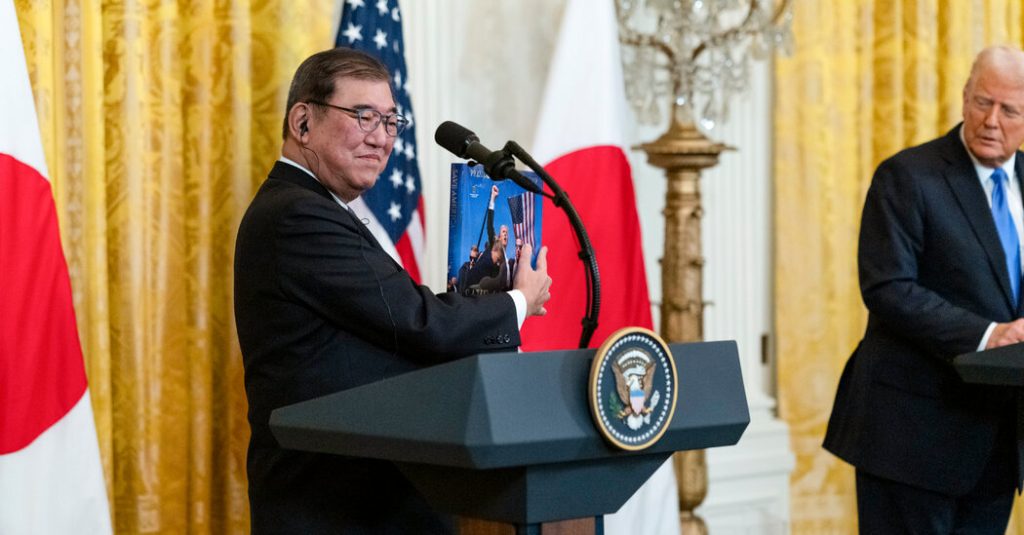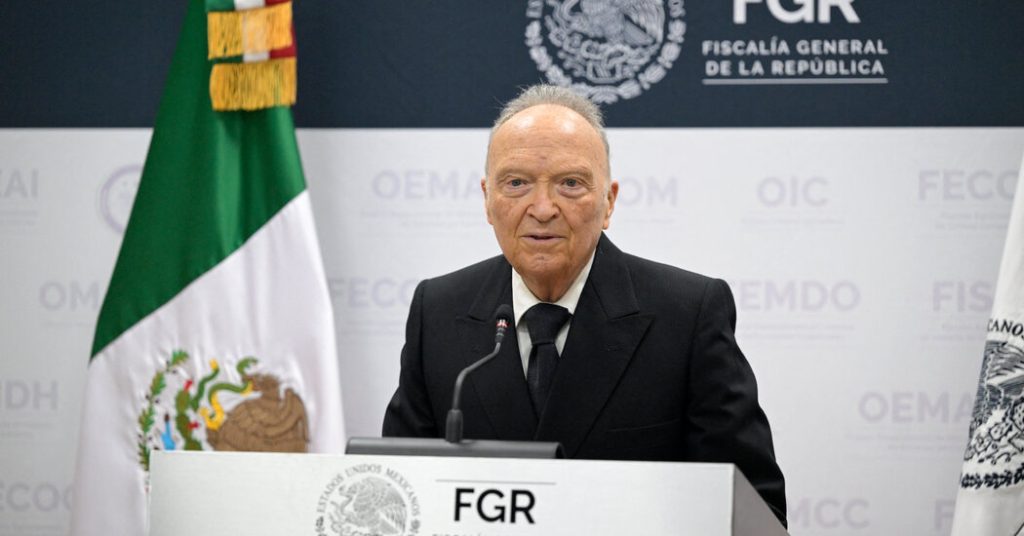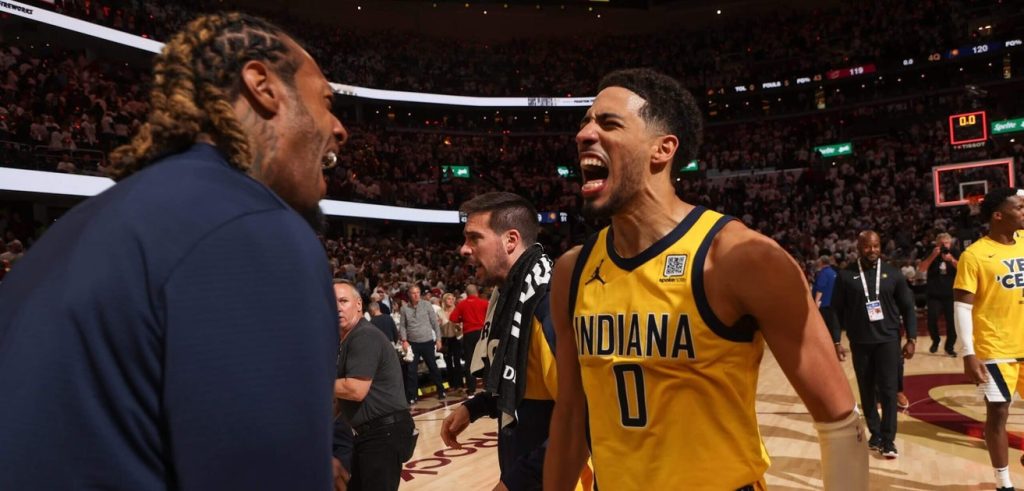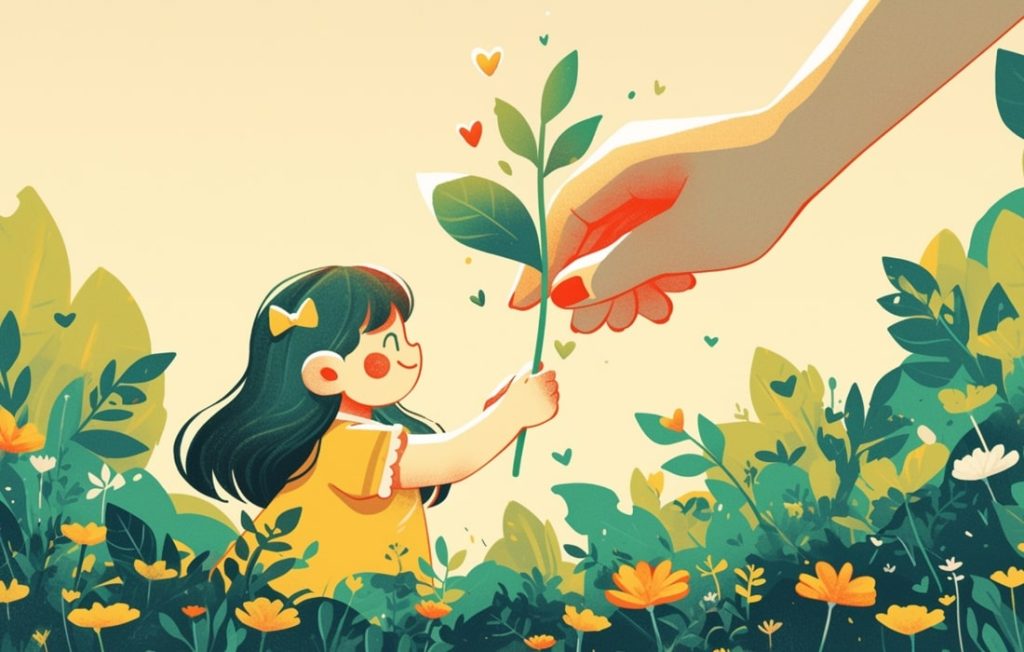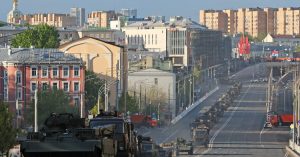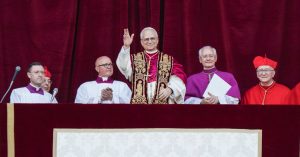In an email interview, the founder of World Central Kitchen explained why “food is resistance” and named the book which “lit a fire in me that still burns.” SCOTT HELLER
What books are on your night stand?
A mix! “Letters to My Palestinian Neighbor,” by Yossi Klein Halevi; “A Sacred Oath,” by Mark Esper; “El Húsar,” by Arturo Pérez-Reverte; and María Dueña’s “Tiempo Entre Costuras.”
What’s the best book you’ve ever received as a gift?
“The Little Prince,” by Antoine de Saint-Exupéry. Someone gave it to me when I was young, and I return to it often. It reminds me to stay humble, curious and to always look with the heart. And “¡Adiós, Cordera!,” by Leopoldo Alas (Clarín). It takes place in Asturias, the region in Spain where I was born, and it showed me how even a cow, a child, a train, can carry the whole weight of a country’s sorrow — a small book with a heavy heart. That story never left me.
Which subjects do you wish more authors would write about?
The connection of food to everything: national security, climate, immigration, dignity. We need more stories about food as diplomacy, food as a human right. The world doesn’t run on oil. It runs on rice.
What’s the last great book you read?
“Apeirogon,” by Colum McCann, about two fathers — one Palestinian, one Israeli — bound by grief and hope. It was like reading a poem carved out of tragedy.
What’s your favorite book no one else has heard of?
“Mafalda,” by Quino. A lot of people have heard of it in the Spanish-speaking world, but it’s still underappreciated globally. Mafalda is this little girl with big thoughts: funny, rebellious, deeply human. Through her, Quino taught generations how to question authority, care about the world and laugh at life’s absurdities. That little comic strip shaped the way I see justice, politics, and yes, even food.

